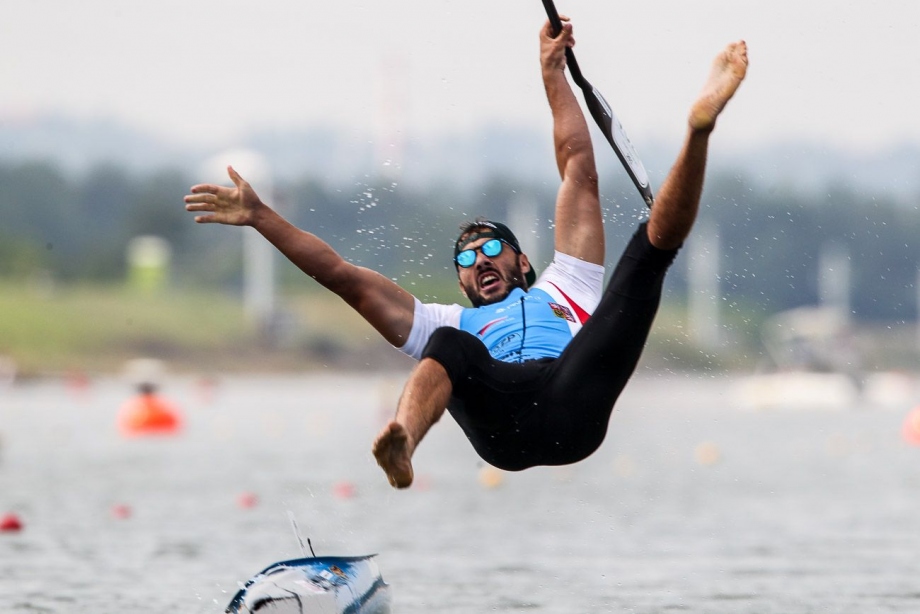In 80 days the International Canoe Federation will pull back the curtain on the first canoe sprint world cup of 2022, and the first real chance to get a look at how teams and athletes are preparing for the Paris 2024 Olympic Games.
The first questions to be answered in Racice – who will be back after Tokyo 2020, and what events will they be competing in? And how will the new Olympic programme change teams?
Multiple Olympic champions Sebastian Brendel of Germany, Danuta Kozak of Hungary and Liam Heath of Great Britain have been among the biggest names in canoe sprint for the past decade. But all three indicated at Tokyo that they may have been to their last Games.
Kozak was part of the triumphant Hungarian women’s K4 team, but missed gold in her K1 and K2 events. Brendel did not make the C1 final, while Heath had to settle for bronze in the K1 200. Will any of this high-profile trio take to the water in Racice?
It’s expected many of the countries who have been unable to attend international events for the past two years will finally be able to return to racing, including New Zealand and Australia.
Multiple Olympic gold medalist Lisa Carrington this month won her second Halberg Award in New Zealand, awarded to the country’s athlete of the year. Carrington made it clear in interviews at the awards that her focus is already on Paris 2024, so it’s expected she will lead her country to Europe in 2022.
Her K2 teammate, Caitlin Regal, retired after Tokyo, so there will be considerable interest in who will partner Carrington in the lead-up to Paris.
Hungarian duo Sandor Totka and Balint Kopasz, American Nevin Harrison, the Australian pairing of Tom Green and Jean van der Westhuyzen and the Chinese C2 combination of Xu Shixiao and Sun Mengya all identified themselves as paddling stars of the future with their gold medal performances in Tokyo.
The closing date for entries for Racice is still several weeks away, but after two years of very little international racing, it’s expected many of the Tokyo champions will be on show in the Czech Republic.
Two big-name athletes who definitely won’t be in Racice are German legends Max Hoff and Ronald Rauhe. Both bid emotional farewells to their paddling careers in Tokyo. Their retirement will force a shake-up to the German gold medal-winning men’s K4 and silver-medal winning men’s K2 boats.
Cuba’s Serguey Torres, triumphant in the men’s C2 1000 in Tokyo, indicated he may have had enough, but C1 1000 gold medalist Isaquias dos Santos of Brazil is a likely starter in Racice.
The Czech Republic will be hoping the home-course advantage will work in favour of Martin Fuksa in the canoe events and Josef Dostal in the kayak.
The ICF canoe sprint world cup in Racice will also provide a chance to see how teams will adapt to the new Olympic programme, with the men’s and women’s K1 200 events no longer on the programme, and the men’s K2 and C2 1000 races shortened to 500 metres.
The ICF canoe sprint world cup in Racice will run from May 20 to 22.





